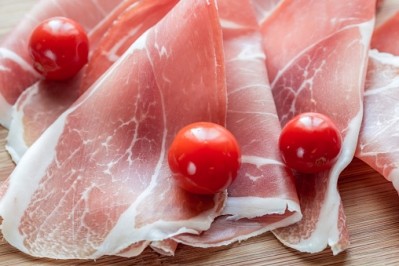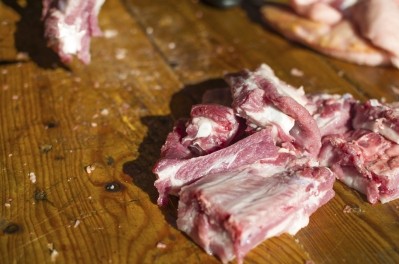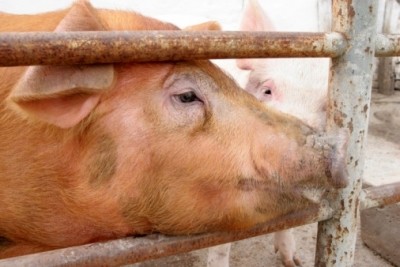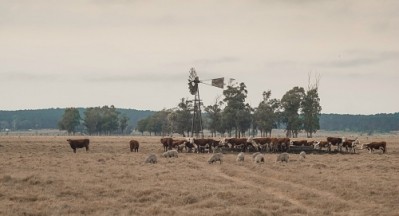Big falls in Russian meat imports predicted for 2016
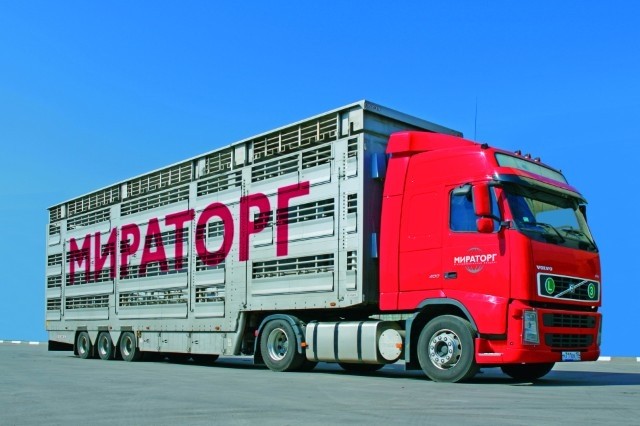
IKAR chief analyst Daniel Khotko said overall imports of beef and beef by-products would reduce by 32-35% to 400,000 – 415,000 tonnes (t) this year. Pork imports would also drop by no less than 35%, while poultry by 34-40%. Overall, meat imports for 2016 will amount to 820,000t–850,000t.
He added that foreign meat in sausages was being replaced with domestic product as pork and poultry production in Russia was now produced in sufficient quantities.
Representatives of the country’s largest meat processors confirmed that the sector was signing new contracts with Russian producers because they were able to offer better prices on raw materials.
Prices under pressure
“The possibility [of meat companies] to increase prices is very limited, while production costs are rising, which negatively affects profitability,” said Musheg Mamikonian, president of the Russian Meat Union. “The rise in supply today exceeds the rise in demand even on poultry, Demand rose by 2%, while supply increased 8% in 2015. Any excess of products in the market will badly affect prices.”
He also expressed doubts about the feasibility of the current ‘import replacement’ strategy, claiming that self-sufficiency in meat is not an end in itself and Russia should both sell and purchase its meat production to and from the foreign market, so the industry can have stability. This idea has also been supported by a number of other market participants.
“Restrictions on trade with other countries creates conditions for the development of domestic production, but implementing it with the use of protectionism leads to higher prices and a negative impact on consumption,” said Daria Snitko, deputy head of the Center for Economic Forecasting at Gazprombank. “For the agricultural industry, protectionism should be a temporary measure otherwise its sectors will experience an absence of any modernisation.”
